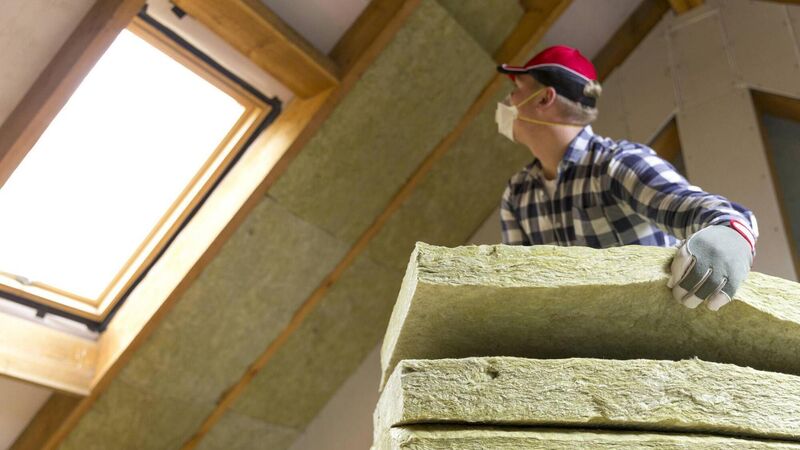Bolstered retrofitting among environmental groups' key budget demands

Groups are calling for all housholds on the working family payment to be included in the Government’s 100% free retrofit scheme. Picture: iStock
A major ramping up of funds for home retrofitting, renewable energy planning, and biodiversity restoration should be key elements to the budget, according to major environmental non-governmental organisations.
Friends of the Earth said there are nine things that should be prioritised in Finance Minister Michael McGrath and Public Expenditure Minister Paschal Donohoe's budget announcement on Tuesday, including increasing retrofitting of 25% of social homes by 2030 to including them all.
CLIMATE & SUSTAINABILITY HUB













